Hospital Privileging



Navigate
the Hospital Privileging Process with Ease
Our team helps you navigate the hospital privileging process with less stress and more speed. We prepare your application, verify your credentials, and follow up with hospital staff and medical committees. You get support at every step to avoid delays and errors. We make sure all requirements are met, so you can focus on patient care. With Details RCM, getting your hospital privileges is simple, accurate, and fast.

What Is Hospital Privileging
and Why It Matters?
Hospital privileging is the process that gives healthcare providers permission to perform specific procedures or services within a hospital. It ensures that only qualified doctors, surgeons, and specialists can treat patients in that setting.
Hospitals carefully check a provider’s education, training, experience, and certifications. Once verified, they grant permission to carry out certain tasks or use specific equipment. This process helps protect patient safety and maintain high standards of care.
Getting hospital privileges is essential if you want to work in a hospital. It also helps you stay in compliance with healthcare rules, licensing boards, and insurance requirements. At Details RCM, we support providers through the privileging process to save time and avoid delays.

How We Handle
Hospital Privileging
From initial application to final payer approval, we manage every step of the insurance credentialing process for you. Our streamlined approach ensures accuracy, reduces delays, and keeps your practice compliant while getting you credentialed with Medicare, Medicaid, and commercial insurance networks efficiently.
Application Submission
Submit a detailed application outlining your education, training, licensure, certifications, and work history to the hospital’s credentialing department.
Primary Source Verification
The hospital verifies all submitted information directly from original sources, including medical schools, licensing boards, and past employers.
Peer References and Recommendations
Provide professional references who can validate your clinical competence, professionalism, and ethical standards
Credentialing Committee Review
A hospital credentialing committee carefully reviews your qualifications, experience, and recommendations to assess your eligibility.
Privileging Approval
Based on your verified credentials, the hospital grants specific clinical privileges aligned with your expertise and training.
Ongoing Monitoring and Re-Assessment
Hospitals regularly monitor provider performance and require re-privileging periodically to ensure continuous compliance with standards.
Simplify Hospital Privileging with Expert Help
Let Details RCM manage the paperwork and setup for your hospital privileging, so you can focus on patient care. Get in touch today and start the process stress-free!
Faster Credentialing. More Coverage.
At Details RCM, we simplify hospital privileging for healthcare providers. Our team manages the entire process, including application submission, document verification, and communication with hospital staff. We make sure your information is accurate and complete to avoid delays. Whether you’re applying for the first time or adding a new facility, we help you meet all hospital credentialing and privileging requirements. We work with hospitals of all sizes and specialties, ensuring a smooth and efficient experience. With our support, you can focus on patient care while we handle the paperwork.
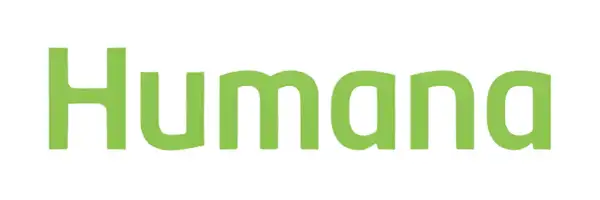
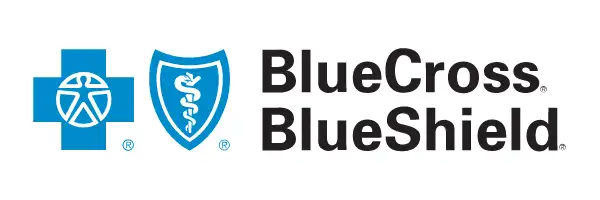
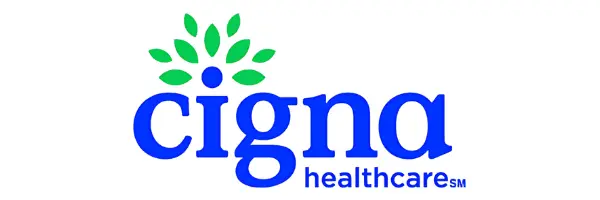
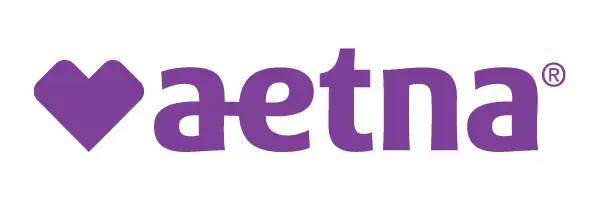
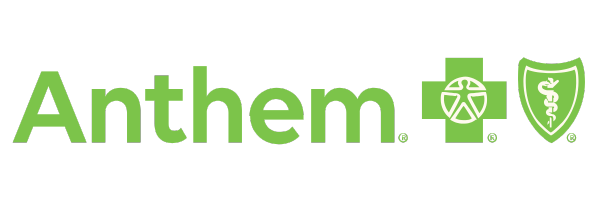
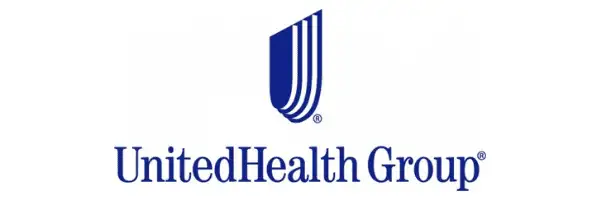
01
Select Service(s)
Services that you need to transform your healthcare RCM
02
Free Consultation
Get a no obligation consultation to know your practice needs.
03
Onboarding
Onboarding and Strategizing custom tailored solutions best of your practice.
04
Execution
Execution of services and assessing growth and reporting.
How We Work
End-to-End Credentialing
Support
Get Enrolled. Focus on Care.
We offer full support for all your credentialing needs. Whether you’re a new provider or updating your credentials, we handle the details so you can stay focused on patient care.

Provider Credentialing
We help doctors, nurses, and specialists complete their provider credentialing faster and with fewer errors.

Insurance Credentialing
Join insurance networks like Aetna, Cigna, Medicare, and Medicaid without the paperwork stress.

ReCredentialing
We manage timely renewals and updates to keep your credentials current and your practice compliant.

Medicare & Medicate Enrollment
Get enrolled with Medicare and Medicaid quickly. We handle all the forms, follow-ups, and requirements.

Hospital Privileging
We assist with hospital privileging applications, document gathering, and follow-up so you can start working in hospitals without delays.

CAQH Portal Setup
We create and maintain your CAQH profile to keep it accurate, updated, and ready for payer access.
Frequently Asked
Questions
Find clear answers to common questions about hospital privileging.
We Are Here To Help With Your queries !

Hospital privileging is the process that lets a doctor or provider perform specific tasks or procedures at a hospital.
You need privileges to legally treat patients in a hospital. It protects patients and ensures you’re qualified to provide care.
No. Credentialing checks your education and licenses. Privileging gives you permission to work in a hospital setting.
It usually takes 30–90 days, depending on how quickly you provide documents and how fast the hospital reviews them.
A hospital committee reviews your application. Once approved, the hospital’s board gives the final sign-off.
You’ll need licenses, board certifications, work history, procedure logs, and peer recommendations.
Yes, but you must apply for privileges at each hospital separately. Each facility has its own rules.
You must reapply or renew them before they expire. Hospitals usually send reminders, but it’s your responsibility.
.
Yes. If there are safety concerns, policy violations, or complaints, the hospital can suspend or limit your privileges.
Yes. Even if you’re remote, you may need approval from the hospital you support, depending on state rules.

